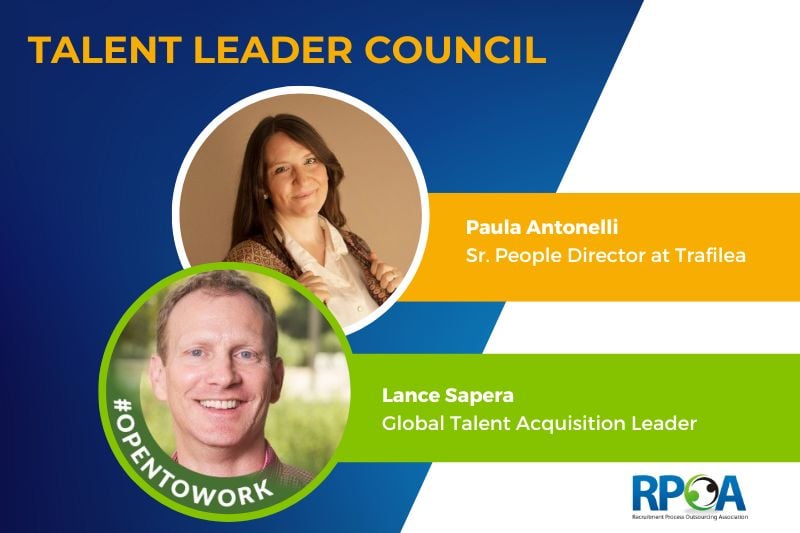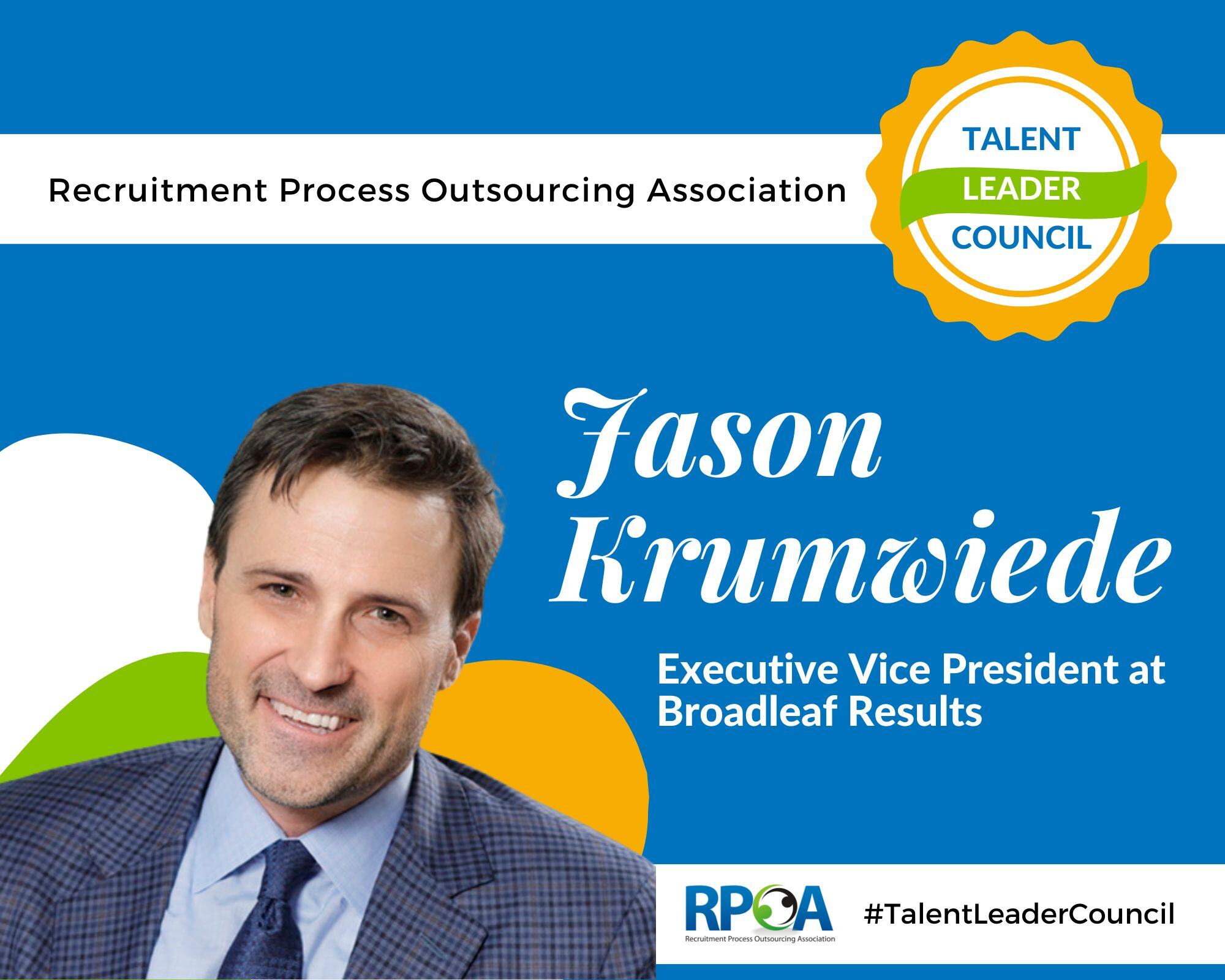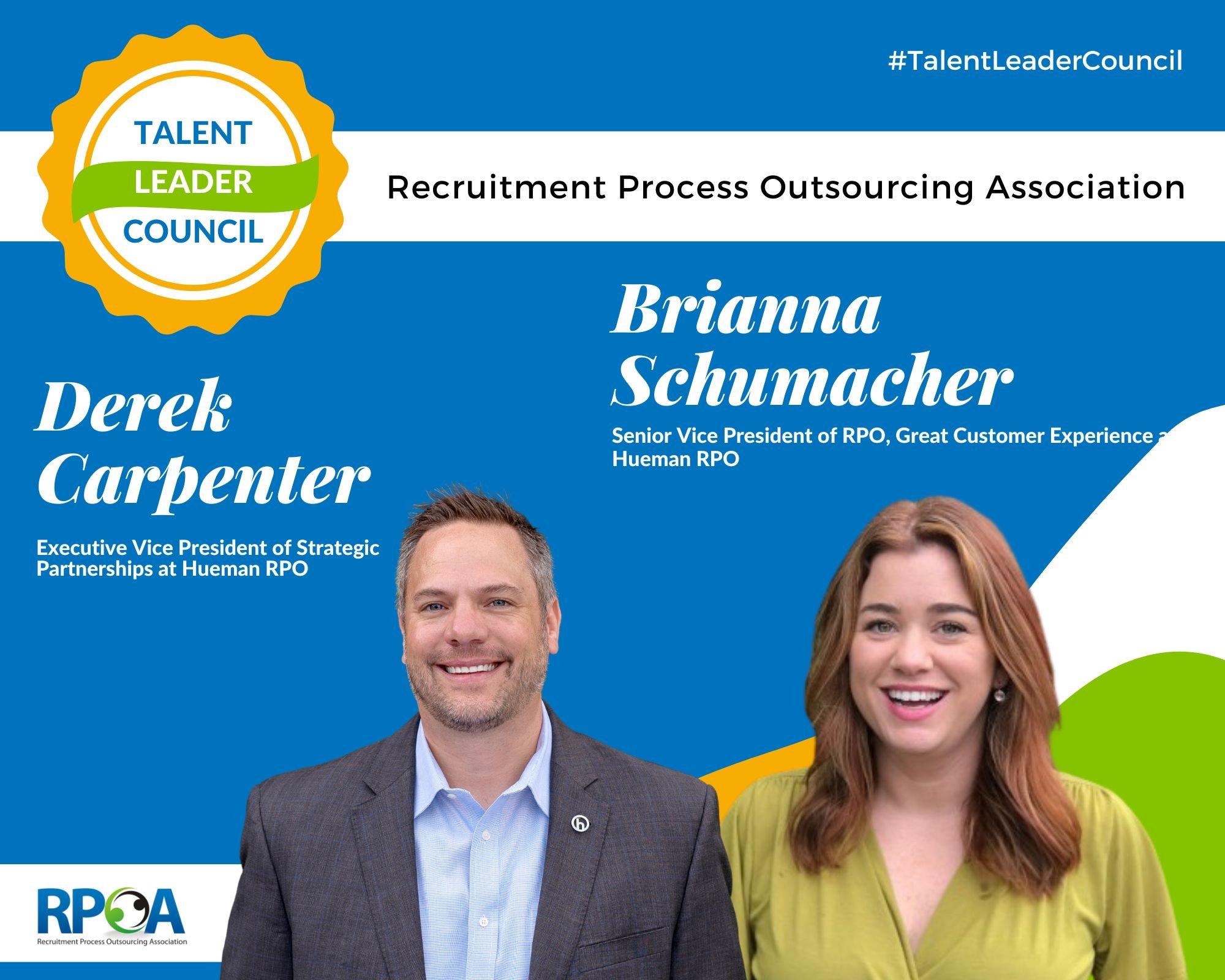
Recruitment Process Outsourcing (RPO) improves organizations' approaches to talent acquisition. Lamees Abourahma of RPOA spoke with Elaine Nicol, Sr. Director of Customer Experience and Optimization at AgileOne, about RPO's fundamentals and pivotal role in enhancing the hiring process.
Nicol highlighted vital aspects such as the function of RPO in talent acquisition, the effect of high turnover rates on the hiring process and workforce planning, and the importance of ongoing optimization and enhancement in RPO partnerships.
The first part of the interview examined the core function of RPO in talent acquisition. Then, she considered the significant influence that high turnover rates can have on the workforce planning and hiring process. Finally, Nicol commented on the critical need for ongoing optimization and enhancement in RPO partnerships to meet the shifts in talent acquisition needs. The following is an edited version of the second part of this Talent Leader Council interview.
RPOA: What is recruitment process outsourcing (RPO)?
Elaine Nicol: Recruitment Process Outsourcing occurs when companies partner with an RPO firm and outsource certain elements of the talent acquisition process.
Q. How does RPO function in talent acquisition?
Nicol: When people think of RPO, they think of outsourcing; it's in its name. Early on, RPO providers handled the physical recruiting, source, screen interview, and offer process and let the client handle the onboarding. Fortunately, it has expanded because many of us back in the day said, “well, you could hand us the process.” Still, if we understand the shape of your talent acquisition function more, we could provide higher-level sourcing strategies. So what's the strategy, nationally or globally, then what are the market-by-market strategies, and then location by location? So yes, we can manage the recruiting process for you. We can do a lot there, but to succeed with that, we need to look at strategies and partner with our talent acquisition leads. We become our clients TA department. We're branded as them. We're out in the market as them, but we are just another department that focuses solely on recruiting, and that's where our subject matter expertise lies.
Q. How do high turnover rates affect the hiring process and workforce planning?
Nicol: It's a never-ending cycle. Organizations with high turnover rates often struggle to find and keep the right employees. Hiring more people seems like the solution, but if they're not the right fit, turnover rates will continue to be high. Breaking this cycle will require focusing on hiring quality over quantity.
Employers emphasize quantity due to high turnover rates and rapid growth. In some cases, companies expand so quickly that they need to urgently fill positions without considering long-term fit and skills alignment, which results in inadequate workforce planning.
For long-term employees, employers must anticipate and plan for their retirement. It's worthwhile to track different skill sets with specific lifespans. Initially, it might be difficult for client partners, especially in finance, to accept that employees may only stay for a short time. However, they need to realize that's the nature of the role or industry. By tracking this trend, we can help with workforce planning. For instance, at around 14 months, we can anticipate the departure of three or four employees. By preparing in advance, we help clients focus on quality over quantity.
When hiring, businesses often face cost pressures, leading to a preference for less experienced employees over more skilled ones. However, the less experienced employees can't handle the entire scope of their jobs. Companies often focus on quick and high-volume hiring, with little consideration for the long-term impact. This approach can lead to hiring mistakes and high turnover, impacting the overall quality of the workforce.
Q. Why does a partnership with an RPO company require ongoing optimization and enhancement to meet the changing talent acquisition needs?
Nicol, A good RPO partner, will collaborate with you and produce excellent results. However, it doesn't end there. Technology and processes continue to evolve. Clients must continuously work with their RPO firm to adapt and optimize the talent acquisition process. They need to frequently evaluate what's effective and what's not and how to improve the candidate, hiring manager, and overall talent acquisition experience for the future.
In Conclusion
We've explored the intricacies of recruitment process outsourcing (RPO) and its vital role in modern talent acquisition. Through our conversation with Elaine Nicol, you learned that RPO goes beyond traditional outsourcing, focusing on advanced sourcing strategies and becoming an integral part of the client's talent acquisition team. Additionally, we helped you understand the effect of high turnover rates on the hiring process and the importance of prioritizing quality of hire over quantity of hire. A partnership with an RPO firm requires ongoing optimization to meet the changing talent acquisition needs. This discussion highlights the critical need for organizations to continually adapt their talent acquisition processes to attract and retain the best workforce in a volatile business environment.
We encourage you to read part one of our interview with Elaine Nicol to understand the benefits of consistent hiring.














